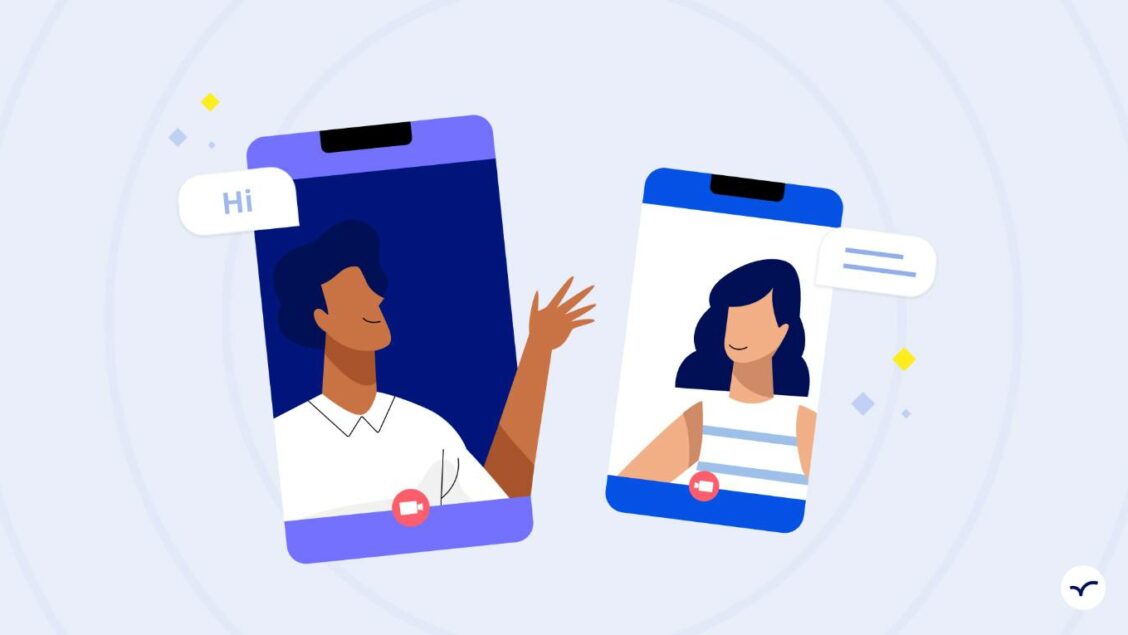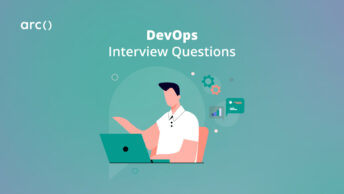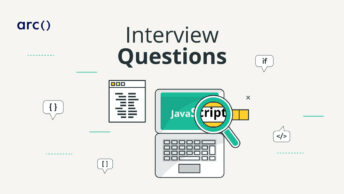As more organizations adapt to remote work permanently, hiring processes are evolving, too. A phone interview used to be the intermediary step before the final, in-person interview.
But, as fewer companies host in-person meetings, a phone interview or a remote video interview often replaces the in-person interview as the critical final stage of the hiring process.
There’s some confusion around the difference between a phone screen and a phone interview. Companies like Amazon and Google use a phone screen to validate a candidate’s abilities before reaching the phone interview.
Phone interviews, too, are becoming more popular — along with Zoom interviews.
While the phone screen is often shorter, it’s no less important than any other step in the hiring process. Here’s what you need to know about these two hiring stages and how to ace a phone interview.
What is a Phone Screen?
Typically, a phone screen would be used to assess whether the candidate is who they say they are. Unfortunately, nearly 50% of candidates lie on their resumes. This is what makes the phone screen so essential.
The phone screen is the step after you submit an application, but before a coding challenge (if there is one) — followed by the in-person (e.g., phone or video) interview.
“A screening interview is typically a 15- to 30-minute phone call. Your objective here is to narrow your list of top candidates to the handful you want to consider for formal interviews. That’s when you can go deep,” explain the recruiters at Robert Half.
A phone screen helps recruiters make sure they’re spending time interviewing the very best candidates. One tech recruiter at Amazon found that better phone screening led to a higher chance that a candidate would successfully pass a later-stage phone interview. While the phone screen may seem like a minor, less involved step in the hiring process, for recruiters phone screens help eliminate anyone who is clearly underqualified.
For that reason, it’s important to be prepared. Here are some examples of questions you might be asked:
- Are you still interested/available for this position?
- What attracted you to this open role/company?
- This job requires x skills — can you tell me specifically when you last used these skills?
- What is your ideal working situation (e.g., ability to work remotely, familiarity with remote work platforms, hours)?
Some recruiters will ask you to perform a simple coding test to make sure you can handle basic coding tasks. It’s a good idea to brush up on some basic coding best practices. Most questions will be broad and general — so show that you know a little about a lot of things.
Read More: 5 Ways to Stand Out & Get Noticed in Your Current Development Job

How to Ace a Phone Interview
The phone interview is a more in-depth discussion about your experience, skills, and expectations. It often follows a technical coding challenge; so, for senior software developers, this interview will likely be aimed at understanding your leadership style and soft skills.
Here are some typical phone interview questions for senior software developers:
- Are you still writing code? Do you enjoy it?
- Imagine that you are in charge of a legacy code project that is difficult to maintain – how would you approach the project to make maintenance easier in the long run?
- What are the pros and cons of working in an Agile environment?
- What tools and techniques do you use when reviewing a team member’s code?
- What metrics do you use to assess and monitor your team’s performance?
- How would you motivate disengaged employees?
- Tell us about a time when you identified a potential business problem, and then proactively implemented a solution.
- How do you stay up-to-date on new technologies related to full-stack web development?
Recruiters will probably mix in technical questions with behavioral interview questions and situational-style questions. Prepare as you would for an in-person or remote video interview.
That means researching the company, reading the job description, reviewing your experience and learning how to speak about your skills and leadership compellingly.
In a phone interview, it’s important to listen and take your cues from the recruiter. Try to carry on a conversation, not a monologue.
Read More: How To Use Social Media Thought Leadership To Level Up Your Developer Career
Questions to Ask During a Phone Interview
As you go through the interview, keep a notebook next to you where you can write down questions you have for the interviewer or tech recruiter at the end of the session. Ask four to five questions to show you’re interested and to get a better understanding of the job and the organization.
As a senior manager, you’ll want to know what you’re walking into when you take on this new challenge. Consider asking questions like:
- What tech stack is the engineering team currently using?
- What are the biggest challenges facing this team right now?
- Is there room for career growth from this role, and what might that look like?
- How are projects planned and prioritized for this team?
- What metrics will be used to measure my performance?
- What’s the company culture like? How do you work remotely?
Just because the interview process is mostly remote doesn’t mean you should prepare any less. If anything, the phone screen is now more important than in previous hiring cycles.
Phone interviews, too, are becoming more popular — along with Zoom interviews. When you can’t visit an office to meet the team in-person, make sure you’re asking the right questions to help you visualize what it would be like to join the company.
Finally, remember to send a thank you email after your interview!
For more advice, insight, and tips for finding a software development job or progressing in your career, head back over to the Arc blog!










